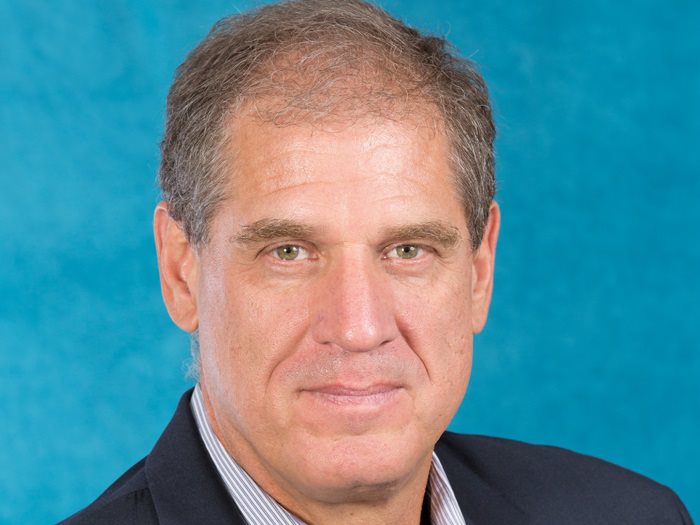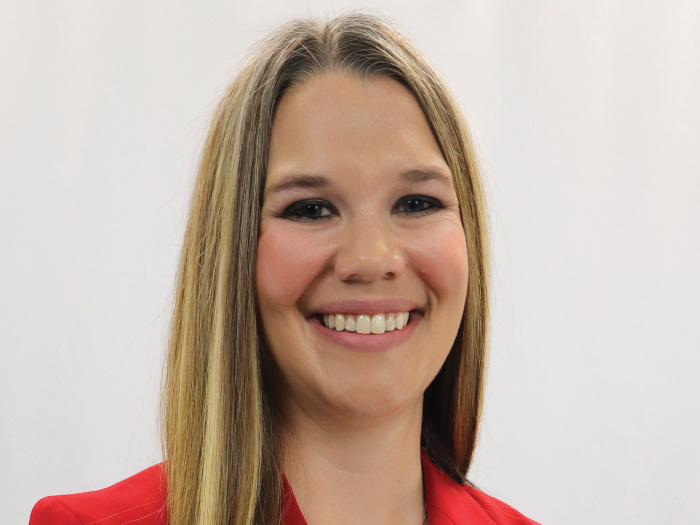Legal Doesn’t Mean Ethical; More Research Is Needed to Make Medical Marijuana Mainstream in Workers’ Comp

As it stands today, only eight states remain where marijuana is fully illegal. All others have either active medical or recreational marijuana programs.
In light of this shift in both attitudes and laws, many unanswered questions remain for the workers’ compensation community.
In particular, the industry must reckon with ethical questions, including the federal illegality of marijuana, the lack of quality research into its efficacy, and the claims management practices related to marijuana and reimbursing for it.
Referencing the American Nurses’ Association position statement, Therapeutic Use of Marijuana and Related Cannabinoids, One Call VP and national product leader for home health and complex care, Kevin Glennon, thinks it’s time to put bias aside.
Research to Be Done
Paramount to that would be the reclassification of marijuana so that it is no longer a Schedule I drug: “We still don’t know the true efficacy of marijuana. But with additional research, I truly believe that we will be able to see the efficacy versus standard prescription medications and drugs,” Glennon said.
“I have personally met adjusters all across the United States, some of whom are advocates for the use and others who are staunchly against the use. Part of that stems from personal bias, and I think we would see much less personal bias if we had additional research on efficacy.”
Indeed, medicinal cannabis was the subject of a January 2020 review in BMC Psychiatry, which called the research “encouraging, albeit embryonic,” and noted that loosening regulatory conditions may contribute to a rapid growth in quality research.

Kevin Glennon, VP and national product leader, home health and complex care, One Call
For his part, Dr. Robert Goldberg, Healthesystems SVP and chief medical officer, agrees with Glennon’s assessment, emphasizing the need to determine dose response through randomized controlled trials.
“From a scientific basis, there’s a limited but growing amount of evidence that medical marijuana and specifically cannabinoids may be effective for pain management, nausea and vomiting and spasticity,” Dr. Goldberg explained.
“We’ve been hamstrung too long, and so, what we really need to do is to build on the research that has occurred over the last five or 10 years. We really need large-scale studies as with any drug, particularly for dose response.”
Now’s the Time to Get Ahead of the Marijuana Debate
The debate over the availability and quality of clinical trials is likely to shift again by the November election, and perhaps even sooner if HR420, introduced more than a year ago, gains any traction. The bill’s subtitle, the “Regulate Marijuana Like Alcohol Act,” would reclassify marijuana and put it under the control of the ATF.
Regardless of those federal actions though, some states’ workers’ compensation systems have decided to preempt the current environment and develop a schema for reimbursing claimants.
New Mexico added medical marijuana to its fee schedule, noting that while the claimant must pay out of pocket, reimbursement is available for “the cost of medical cannabis deemed necessary in the workers’ compensation claim.”
This type of reimbursement, while uncommon in the landscape now, could become widespread if marijuana is declassified.
Christopher Schaffer, CEO of Charles Taylor TPA, noted the issue is one he’s following closely.
“Generally speaking, the industry has been too reactionary and hasn’t been willing to look at the medicine and the science,” he said.
“I think that, like most things in the insurance industry, the initial reaction is ‘no.’ We as an industry owe it to ourselves to look at the efficacy and to start quantifying it. It’s very difficult to quantify now, because people aren’t paying for it through workers’ compensation claims, and to the extent they are, we’re not aware of it because it’s in the form of reimbursements to the claimant.”
Schaffer noted further that Charles Taylor is taking a “cautious approach” because of the drug’s federal status, but that “the second it is taken off Schedule I, I can tell you as an entity we are looking to use it as another management tool, and not necessarily take the knee-jerk reaction of ‘we’re not paying, we’ll run this through the courts.’ ”
The initial “no” reaction Schaffer referenced was reflected upon by several industry leaders R&I spoke to, including Terri Rhodes, CEO of DMEC.
In her position, Rhodes looks at absence management more broadly, without placing claims into “buckets.” From that perspective, she observed, “We’ve spent far too much resources and time fighting marijuana as a drug where we should have spent that time and those resources in developing a test like we do for alcohol and opioids and other drug classes.”
Both Schaffer and Rhodes added that if and when marijuana is declassified, individual adjusters should not have the ability to decide personally whether or not to approve it.
Rhodes emphasized the necessity of regulations to control prescription and approval across the board, saying that the lack of such regulation is “where the problem lies.”
“I don’t know if it needs to be federal or state regulation, but it needs to be consistent. We can’t have disparities between state borders on these kinds of issues,” she said.
We Need More Than Legality; We Need Evidence
Although the legalization of marijuana seems to be a constant drumbeat as election results have unfolded over the last several years, some firms in the workers’ comp industry are unconvinced.

Terri Rhodes, CEO, DMEC
Phil Walls, chief clinical officer of myMatrixx, said they keep to the ACOEM and ODG guidelines against the use of medical marijuana for the treatment of injured workers, explaining that he would discourage reimbursement unless it was “a situation where a judge has ordered payment or their own clinical review has led them to a decision to cover marijuana.”
Walls believes more research is needed before an ethical determination can be made between opioids and marijuana for the treatment of chronic pain, an area for which marijuana has seen some anecdotal success and has received attention.
“All too often we see drug therapy as an additive process for injured patients,” he said. “And the practice of de-prescribing other therapies such as opioids does not always occur when new therapy is initiated. Many will recall that proponents of compounding made similar suggestions that the use of compounds could replace opioids for pain management, but instead the industry saw opioids continue along with the compound.”
Is It Even Ethical to Try?
From a legal perspective aside from the current federal illegality of marijuana, concerns abound about the ability of adjusters and individual insurers or TPAs to make determinations about reimbursement if medical marijuana becomes federally legal in the future.
For Swift, Currie, McGhee & Hiers LLP attorneys Richard Phillips and Joanna Hair, the ethical question inherent in the medical marijuana debate is a financial one.
“The purpose of the workers’ compensation act is to restore an employee to suitable employment,” Phillips explained.
“We have an ethical obligation to do whatever we can to return that person to work, and ethically we’re all bound by that goal. I’ve sent claimants to rehab to get them off opioids, and so if we have an alternative that is less addictive, and is cheaper for the insurers, why not?”
Hair echoed him, adding, “We owe a fiduciary duty to our clients to make sure we’re being good stewards of their assets. If we can return a claimant to work cheaper using medical marijuana, then we should consider it.”
As the workers’ comp industry continues to review the available research and develop a plan to address the potential reclassification of medical marijuana, the ethical debate will continue to evolve.
For employers, the need to remain part of the legislative process will be vital. As Hair put it: “If we can get ahead of it and be proactive, then we don’t have to clean up later.” &










